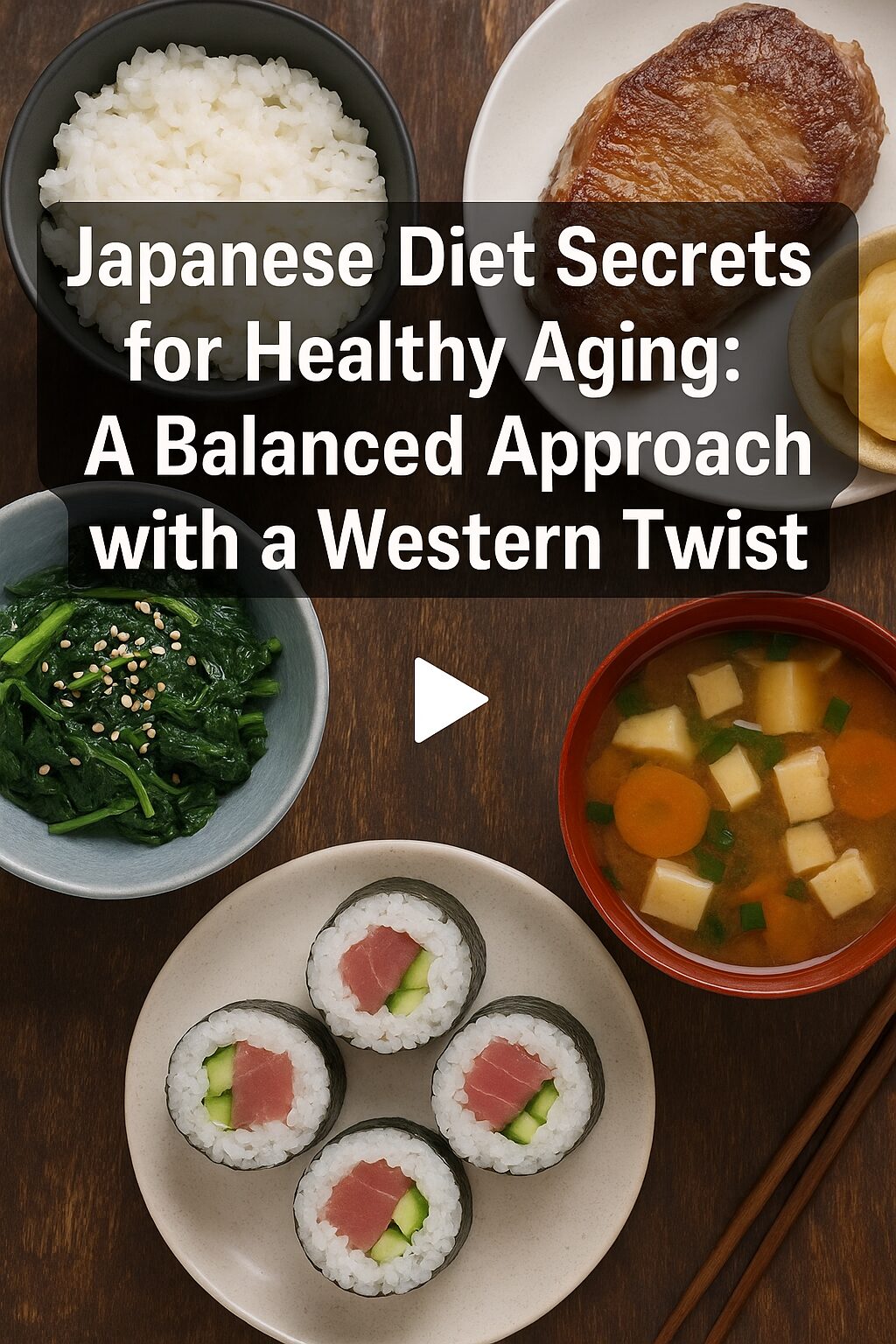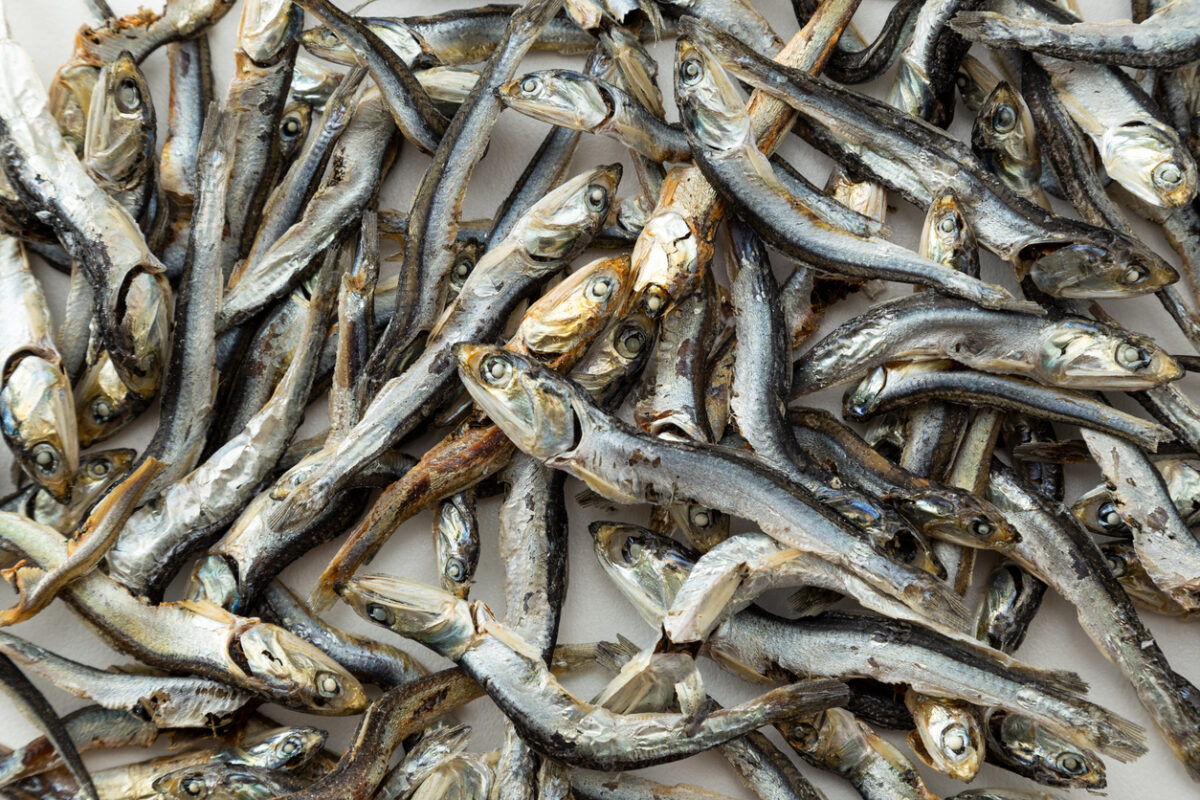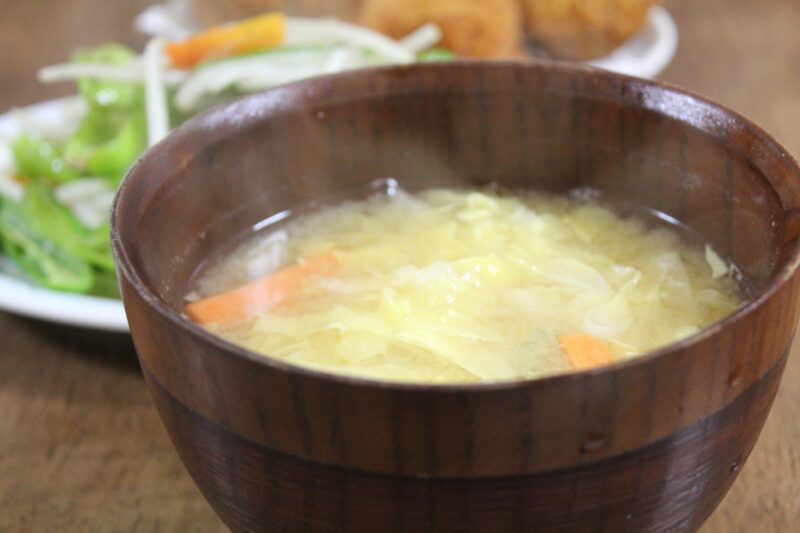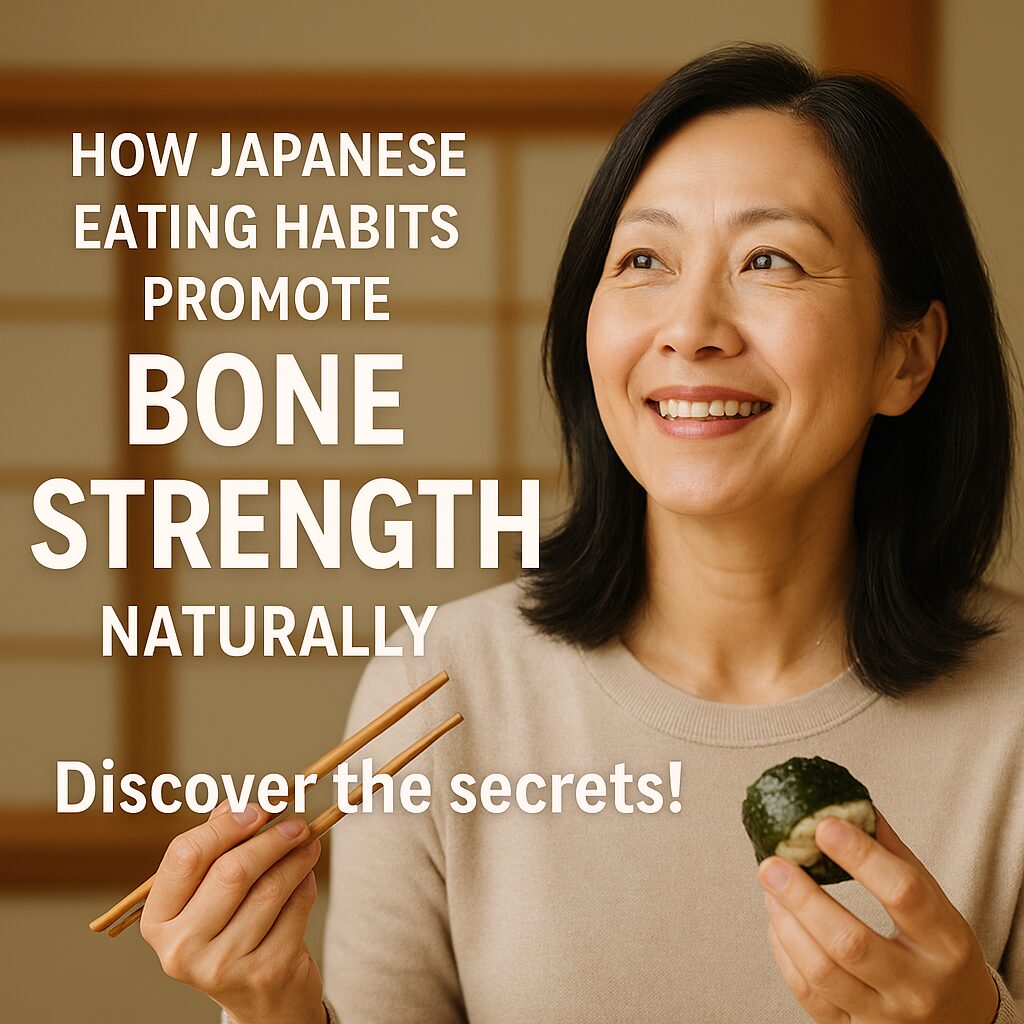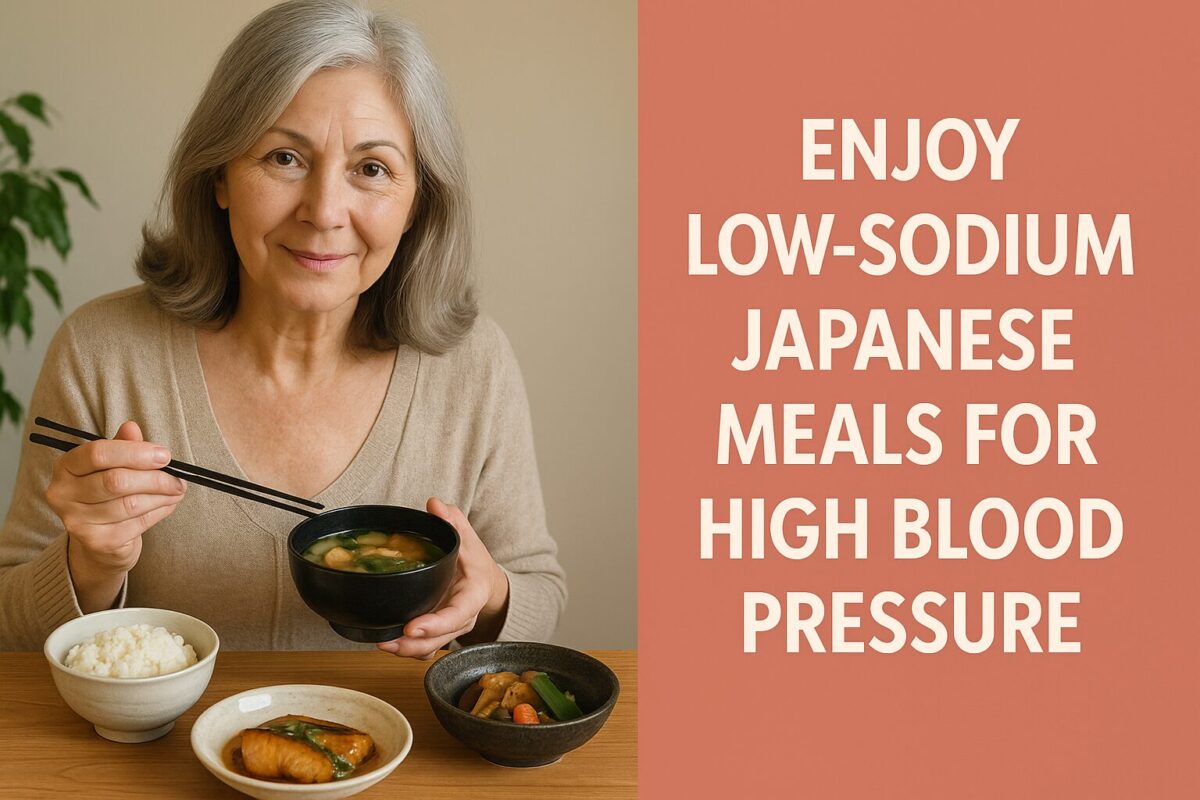As the weather shifts from the fresh blooms of spring to the heat of summer, many women over 50 find themselves feeling out of sync—tired, moody, or even physically unwell. These seasonal transitions can place extra stress on the body, especially when hormonal changes are already underway due to menopause or aging.
In this article, we’ll explore why women in midlife and beyond are more sensitive to seasonal changes and offer practical strategies to stay balanced, energized, and well.
Why Seasonal Changes Affect Women Over 50 More Than You Think
Hormonal Shifts Meet Environmental Stress
As women transition through menopause, the body’s ability to regulate temperature, mood, and energy levels becomes more delicate. Add to this the unpredictable shifts in temperature, humidity, and daylight, and you have a recipe for imbalance.
-
Sleep may become more fragmented.
-
Mood swings and irritability can intensify.
-
Joint stiffness and fatigue may worsen in variable weather.
Circadian Rhythm Disruption
Longer daylight hours and warmer nights in early summer can disrupt circadian rhythms, especially in women already struggling with menopause-related sleep disturbances.
Support Hormonal Balance Naturally During Weather Shifts
Stay Cool, Inside and Out
Managing body temperature becomes more challenging during perimenopause and postmenopause. Lightweight clothing, hydration, and avoiding sudden temperature extremes can help.
Consider Natural Supplements
Diet and lifestyle help, but many women need additional support to ease seasonal transitions. Juveriente® Effisoy® is a natural menopause supplement inspired by Japanese dietary habits. It includes fermented soy isoflavones in aglycone form, which are more readily absorbed and help support the body’s ability to produce its own DHEA—a key hormone for energy, mood, and vitality.
Unlike typical Western supplements that mimic estrogen, Effisoy® gently encourages your body’s natural hormonal resilience. Especially during seasonal changes, this can be a critical ally in maintaining inner balance.
🔗 Learn more about Effisoy® on Amazon
🔗 Visit Juveriente’s official website
Eat for the Season: Nutrient-Rich Foods That Energize and Protect
Focus on Seasonal Superfoods
Nature provides exactly what our bodies need in each season. In spring and early summer, fresh greens like spinach, arugula, and watercress are rich in chlorophyll and antioxidants. Citrus fruits, berries, and fermented foods help reduce inflammation and support immune health.
Embrace Japanese Dietary Wisdom
The traditional Japanese diet emphasizes dashi (broth), fermented soy, and sea vegetables, all of which are gentle on digestion and supportive of hormonal health. Incorporating miso soup, pickled vegetables, and small portions of fish can improve energy levels without overwhelming your metabolism.
Move Gently: Adapting Your Exercise Routine to Seasonal Needs
Avoid Overexertion in the Heat
Many women over 50 experience a drop in stamina during seasonal changes, especially with increasing heat. Avoid intense workouts in midday sun. Instead, try:
-
Early morning walks
-
Gentle yoga with cooling breaths
-
Swimming or water aerobics for joint relief
Stay Consistent but Flexible
Maintaining daily movement—even in short, 10-minute sessions—helps regulate mood, sleep, and metabolism. Listen to your body and adjust intensity based on how you feel day to day.
Sleep and Self-Care Strategies to Stay Resilient and Calm
Adjust Your Evening Routine
Longer days can disrupt bedtime cues. Wind down earlier with calming activities: light stretching, herbal tea, or journaling. Keep your bedroom cool, dark, and quiet—essential for quality sleep in menopausal years.
Practice Mindful Transitions
Your body may need more rest and slower mornings during times of environmental change. Allow yourself that space. Build simple rituals that mark the shift between seasons: a new scent for your diffuser, a change in wardrobe, or a daily gratitude note.
Prioritize Emotional Wellness
Anxiety and irritability can spike when routines are disrupted. Journaling, talking with friends, or gentle meditation can ease mental tension. Natural adaptogens or supplements like Effisoy®, with its mood-stabilizing support, can also help you stay emotionally grounded.
Final Thoughts: Embrace the Change Gracefully
Seasonal transitions can be challenging, especially for women navigating the midlife shift. But with thoughtful adjustments to your nutrition, movement, and self-care—and natural support like Effisoy®—you can move from spring into summer with resilience and grace.
Every season brings its own rhythm. The key is to listen to your body and honor its needs with patience and compassion.
Take the essence of fermented soy (miso) through a natural supplement!
Fermented soy is a staple of the Japanese cousin mostly as “miso soup”, and it is one of the secrets of anti-aging of Japanese women and the high life expectancy in Japan. Fermented foods are often hard to eat for people of other dietary cultures. But you can take the essence easily through the supplement.











